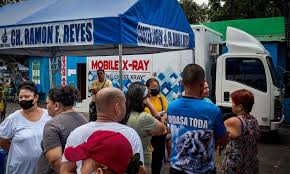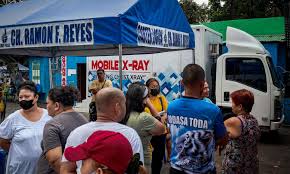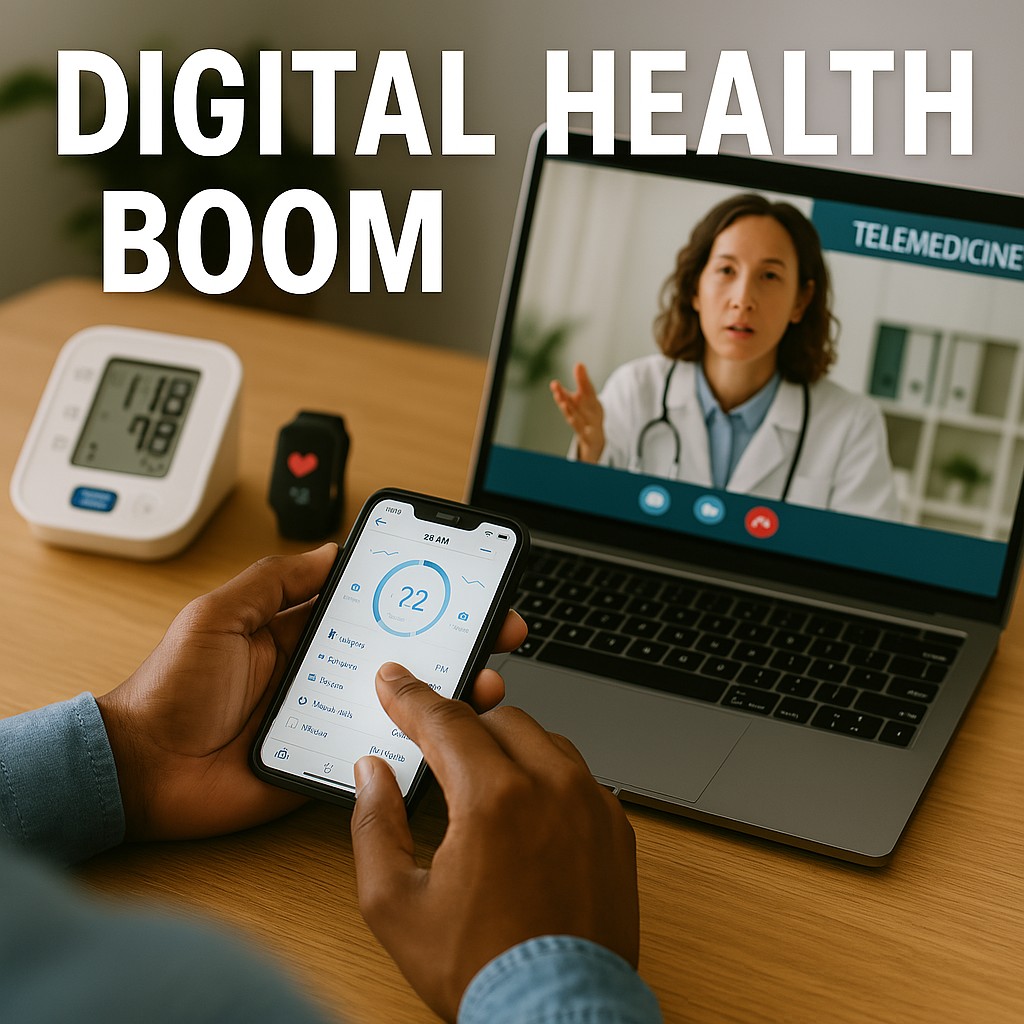
In Tondo, Manila, a critical health crisis is unfolding as the region grapples with a significant tuberculosis (TB) drug shortage. Doctors Without Borders (Médecins Sans Frontières) is stepping in to provide the necessary medications and support for the local population. This initiative comes as the Philippines ranks among the top ten countries globally with the highest rates of TB infection. With a national infection rate of 3%, Tondo’s rate is notably higher at 4.3%, underscoring the situation’s urgency.
To combat this pressing issue, Doctors Without Borders will conduct mobile screening initiatives to identify and diagnose TB cases in the community. Beginning this month, the organization will screen 29,291 individuals to analyze at least 1,280 new cases. This proactive approach is crucial, as many residents may need access to standard healthcare facilities due to the area’s dense population and socioeconomic challenges.
Tondo is one of the most densely populated areas in the Philippines, with approximately 76,000 people residing per square kilometer. This high population density exacerbates the spread of infectious diseases, making timely intervention essential. The lack of proper housing and sanitation facilities further complicates the health landscape, increasing the risk of TB transmission among residents.
The collaboration between local health authorities and Doctors Without Borders is a temporary yet vital solution to the ongoing drug shortage. While the Philippine government has made strides in addressing TB, the current crisis highlights the need for sustained efforts and resources. The involvement of international organizations emphasizes the global community’s role in tackling public health challenges.
Transitioning to a more comprehensive strategy, health officials in Tondo are optimistic that these mobile screenings will not only identify cases but also raise awareness about TB prevention and treatment. Educational campaigns will accompany the screenings, informing residents about the importance of early diagnosis and adherence to treatment regimens. By empowering the community with knowledge, health officials hope to reduce the stigma associated with the disease and encourage individuals to seek help.
Moreover, the partnership with Doctors Without Borders brings additional resources and expertise to the region. Their experience managing TB in various countries will be invaluable as they implement effective screening and treatment protocols. This collaboration is a beacon of hope for many affected by the drug shortage and healthcare challenges.
Despite the temporary nature of this intervention, the impact on the community could be profound. By diagnosing and treating more individuals, the initiative could significantly reduce the TB burden in Tondo. It also serves as a reminder of the importance of international cooperation in addressing health crises, particularly in vulnerable populations.
As Tondo faces a TB drug shortage, Doctors Without Borders’ intervention represents a crucial step towards alleviating the health crisis. With mobile screenings set to begin, the hope is that more individuals will receive the diagnosis and treatment they need. As the Philippines continues to confront its TB epidemic, this collaboration underscores the need for ongoing support and resources to ensure the health and well-being of its citizens.




